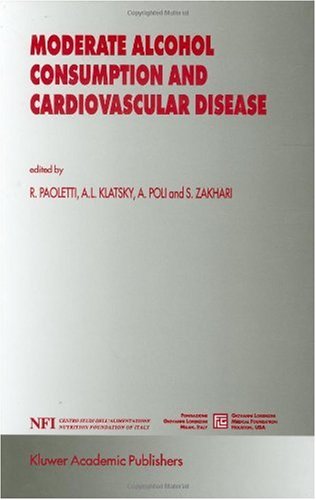Biochemists have discovered a fountain of youth in tiny drops of alcohol, for worms at least.
In a recent study at UCLA, minuscule amounts of ethanol - the type of alcohol found in alcoholic beverages - more than doubled the life span of a tiny worm known as Caenorhabditis elegans.
The scientists are dumbfounded.
As with humans, alcohol consumption is generally harmful to the worms. Those given higher concentrations of ethanol experience neurological problems and die. But when fed tiny amounts, the results are remarkably beneficial. Worms which normally live for about 15 days survived 20 to 40 days.
And at high magnifications under the microscope, the worms given a little ethanol looked significantly more robust than worms not given ethanol
Caenorhabditis elegans is commonly used as a model in aging studies, as half the genes in the worms have human counterparts. Found throughout the world in soil, where they eat bacteria, the worm grows from an egg to an adult in just a few days.
Initially, the UCLA scientists were testing the effect of cholesterol on the worms.
They fed the worms cholesterol, and the worms lived longer, apparently due to the cholesterol. But they had dissolved the cholesterol in a solvent, ethanol, diluted 1,000-fold.
It turns out the solvent was having the longevity effect. The cholesterol did nothing. The researchers found that not only does ethanol work at a 1-to-1,000 dilution, it works at a 1-to-20,000 dilution.
How little ethanol is that?
The concentration corresponds to a tablespoon of ethanol in a bathtub full of water or the alcohol in one beer diluted into a hundred gallons of water.
Why would such little ethanol have such an effect on longevity?
Scientists don't know all the answers. They do know that if the ethanol concentration is increased, the worms do not live longer. The extremely low level is the maximum that is beneficial for them.
Could similarly tiny amounts of ethanol be helpful for human health? After all, recent studies suggest that moderate alcohol consumption has cardiovascular health benefits.
While the physiological effects of high alcohol consumption have been established to be detrimental in humans, current research shows that low to moderate alcohol consumption, equivalent to one or two glasses of wine or beer a day, results in a reduction in cardiovascular disease and increased longevity. While these benefits are fascinating, understanding the underlying biochemistry involved in these processes remains in its infancy.
sources:
Brian Young, David Geffen School of Medicine at UCLA

